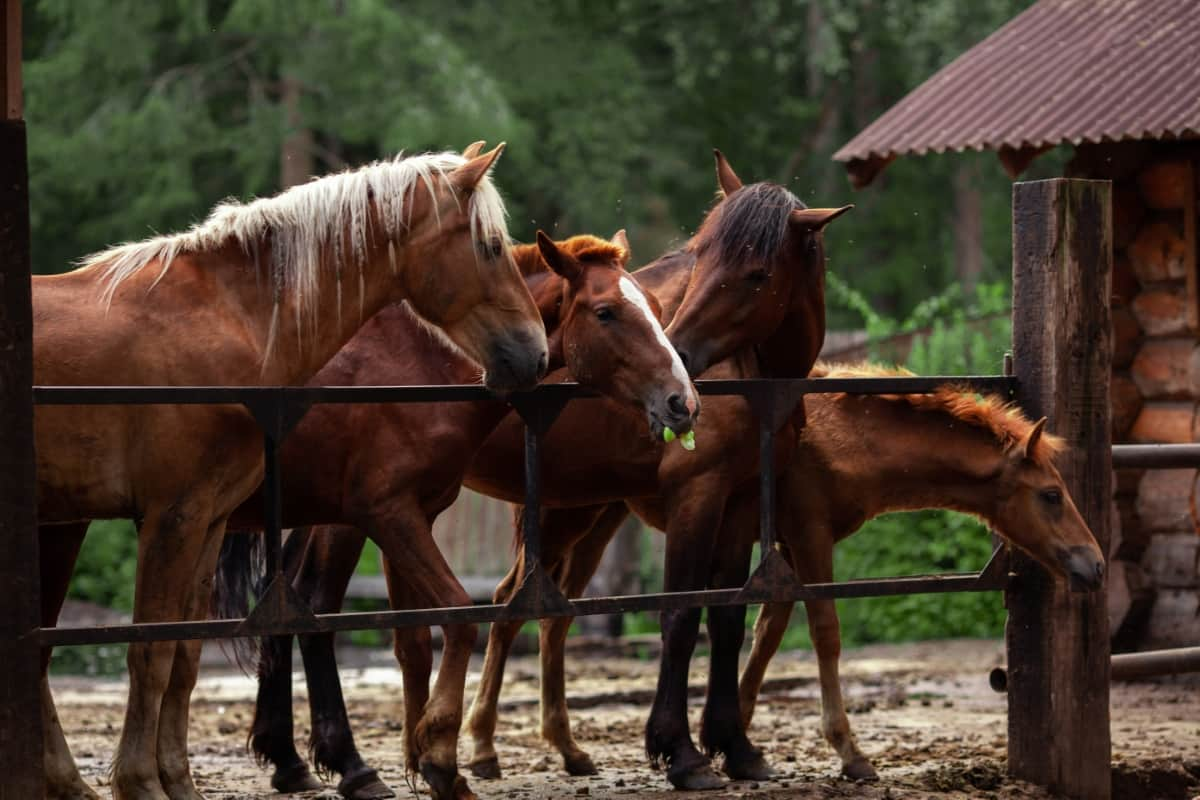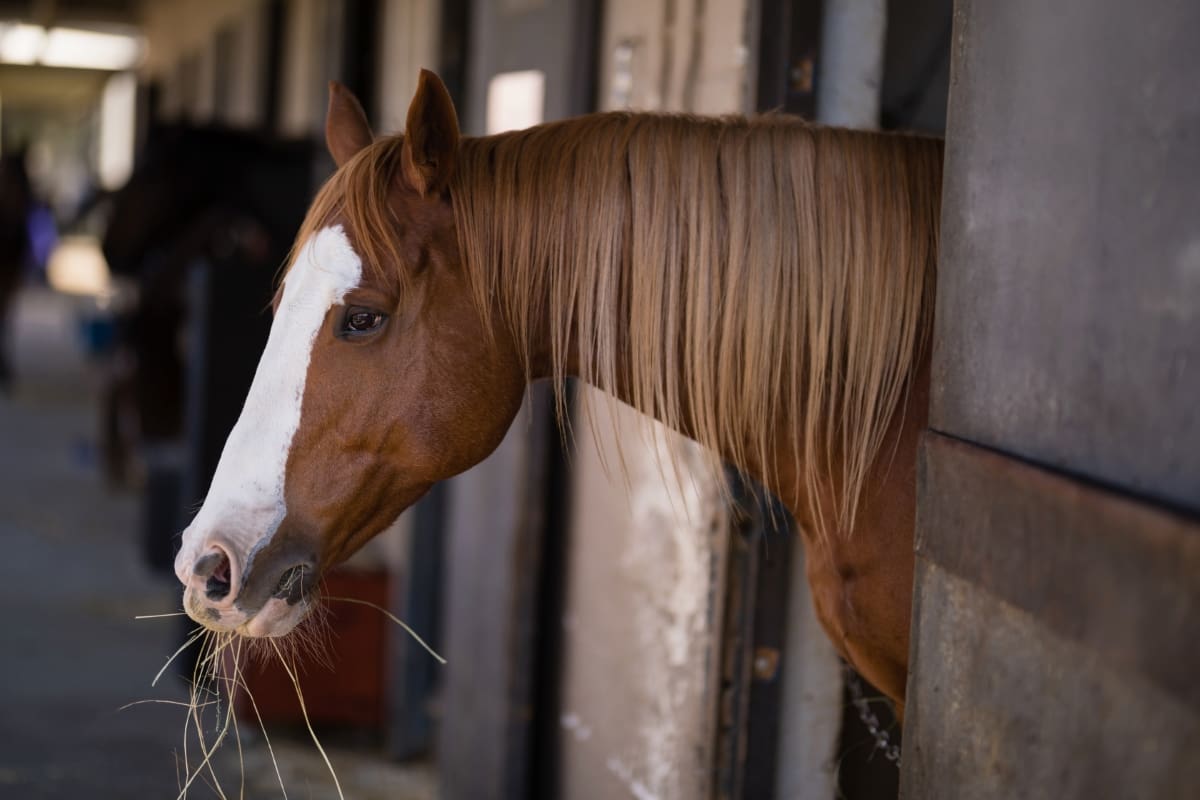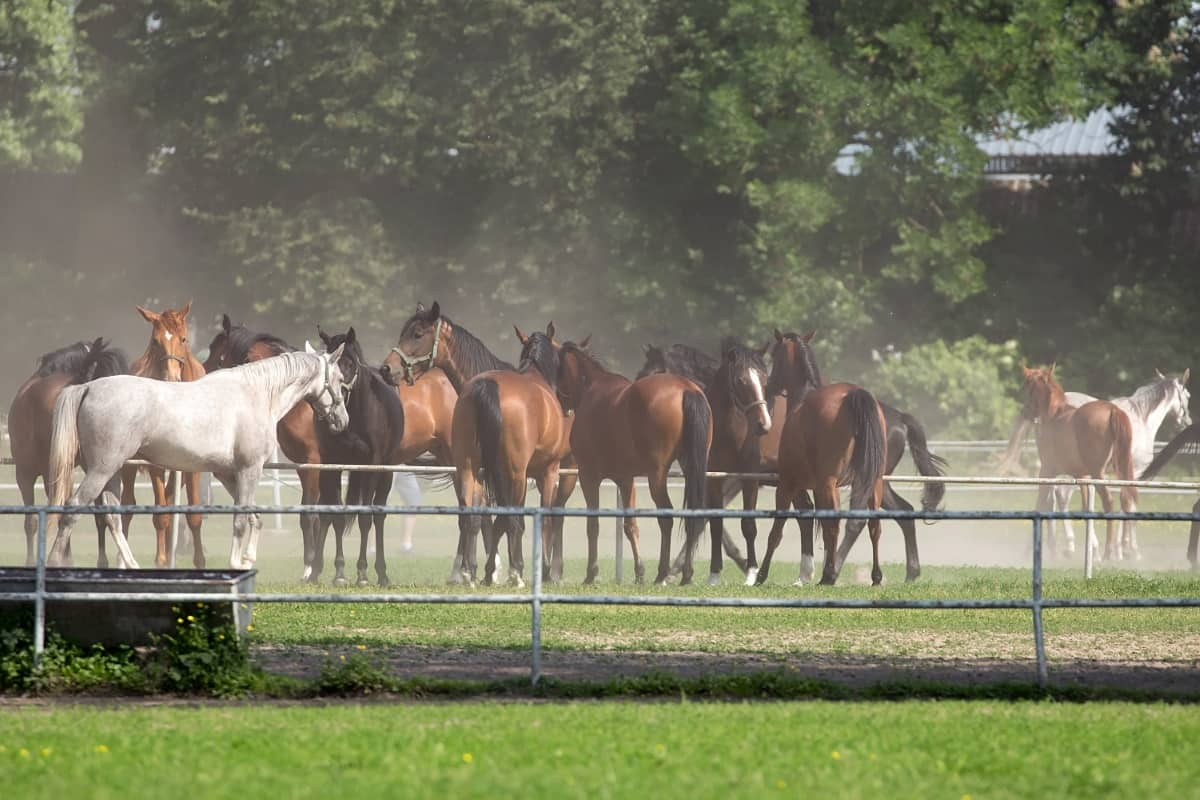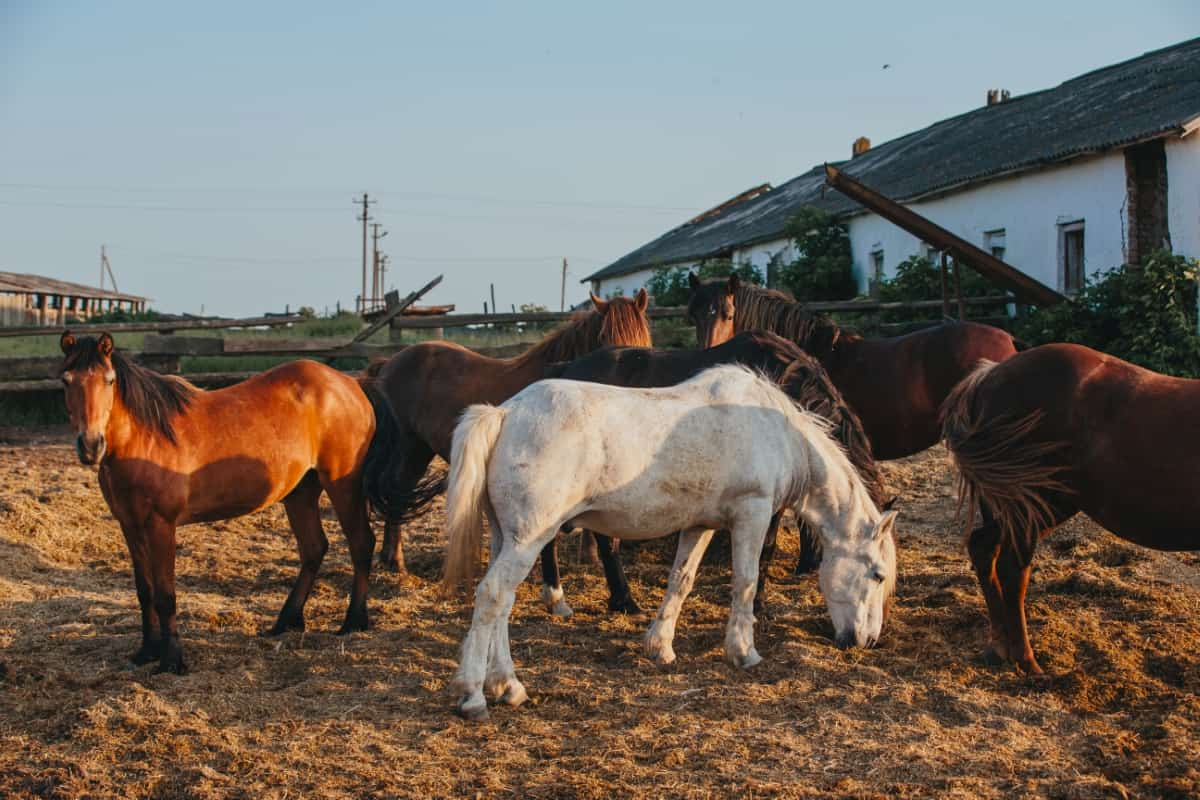Horse breeding, especially for beginners, presents a unique blend of cost and profit considerations. Understanding how much it costs to breed a horse, the monthly expenses, and the cost of a mare is crucial for anyone entering this field. This comprehensive guide aims to provide clear insights into the economics of horse breeding, focusing on the various cost elements and potential profitability. From initial investment to marketing expenses, this report will cover all aspects in detail, helping you to make informed decisions in your horse breeding venture.

Horse Breeding Project Report
Initial Investment in Horse Breeding
The journey into horse breeding begins with an initial investment, which includes purchasing or leasing breeding stock like horses, stallions, or mares, costing anywhere from $5,000 to over $50,000. Breeding equipment like a breeding shed and semen collection tools add $500 to $5,000. Yearly veterinary and farrier services range from $500 to $2,000, and feed and hay costs between $3,000 to $6,000 annually. Insurance can be another $500 to $2,000 per year. The total estimated initial investment can range from $8,000 to more than $80,000.
Cost of Maintaining Broodmares
Maintaining broodmares forms a significant part of ongoing expenses. This includes their feed and hay, which costs between $3,000 and $6,000 annually. Veterinary and farrier services, vital for their health and well-being, can add another $500 to $2,000 per year to the expenses. Additionally, breeding and foaling expenses, which cover veterinary care and necessary supplies, typically range from $1,000 to $3,000 annually.
Breeding Stallion Expenses
Breeding stallion expenses are critical, especially considering their value in the breeding process. These expenses include upkeep, health care, and training, contributing significantly to the overall cost structure. Stallions often command higher maintenance and care costs due to their special dietary, training, and health requirements.
Veterinary Care and Health Costs
Veterinary care and health costs are unavoidable and substantial in horse breeding expenses. Regular check-ups, vaccinations, emergency care, and reproductive services are essential for maintaining the horses’ health. These costs vary widely but typically range from $500 to $2,000 per year for each horse.
In case you missed it: Everything You Need to Know About Horse Feeding: A Beginners Guide

Feeding and Nutrition Expenses
Feeding and nutrition expenses in horse breeding are critical for ensuring the health and development of the horses, playing a pivotal role in the success of breeding operations. These expenses cover the cost of quality feed, hay, and necessary supplements and vitamins to ensure that the horses receive all the essential nutrients for optimal health and breeding efficiency.
The annual cost for feeding and nutrition typically ranges between $3,000 and $6,000, depending on the number of horses, their specific dietary needs, and the feed cost in the region. Proper nutrition is not just a cost factor but an investment in the health and potential of the breeding stock, directly influencing their reproductive success and the overall health of the foals. Therefore, allocating sufficient resources to this aspect is vital for maintaining a high standard of care and breeding success.
Breeding Facility Infrastructure Costs
Breeding facility infrastructure costs encompass the expenses involved in building, maintaining, and upgrading the facilities required for horse breeding. This includes the cost of constructing and maintaining breeding sheds, barns, stables, fences, and other necessary structures that provide a safe and efficient environment for breeding horses. The cost can vary significantly based on the size and sophistication of the facilities, with more advanced or larger-scale operations incurring higher expenses.
These infrastructure costs are essential investments for ensuring the horses’ well-being and the breeding process’s smooth operation. They cover aspects like secure fencing to protect the horses, adequate shelter to house them, and specialized equipment for breeding. This investment is crucial for creating a conducive environment for breeding and rearing horses, directly impacting the efficiency and success of the breeding program.
Marketing and Promotion Expenses
Marketing and promotion expenses in horse breeding are crucial for establishing a presence in the market and attracting potential buyers or clients. These expenses include advertising the breeding operation, such as online marketing, print media, participation in horse shows, and breeding exhibitions. The expenses can range from $500 to $2,000 annually, depending on the scale and scope of the marketing strategies employed.
In case you missed it: Everything You Need to Know About Horse Grooming: Step-By-Step Guide for Beginners

Effective marketing and promotion are essential for highlighting the quality and pedigree of the horses, reaching out to potential buyers, and building a reputable brand in the competitive horse breeding industry. These activities not only help in selling the horses at better prices but also in establishing long-term relationships with clients and other stakeholders in the industry. Therefore, investing in marketing and promotion is a strategic aspect of the business, contributing to its growth and profitability by enhancing visibility and reputation in the market.
Insurance and Legal Costs
Insurance and legal costs in horse breeding are critical components that safeguard your investment and ensure compliance with legal standards. Insurance covers various risks associated with horse breeding, including health, mortality, and liability, typically costing between $500 to $2,000 annually per horse.
Legal costs are incurred for obtaining necessary licenses permits, and adhering to zoning restrictions, vital for lawful operations. These costs vary based on location and the specific legal requirements of the breeding operation. Both insurance and legal considerations are essential for protecting your business against unforeseen circumstances and ensuring that your breeding practices adhere to the required standards and regulations.
Labor and Staffing Expenses
Labor and staffing expenses are significant in horse breeding, as the business demands skilled labor for various tasks, including care, training, and management of the horses. This includes salaries for veterinarians, breeders, trainers, and other support staff required to maintain a high standard of care and efficiency in the breeding process. The labor cost varies depending on the size of the operation, the number of horses, and the level of expertise required. Investing in skilled labor is crucial for the breeding program’s success, as the quality of care and training directly impacts the health and performance of the horses, thereby influencing profitability.
Profit Margins in Horse Breeding
Profit margins in horse breeding can be substantial. Still, they depend heavily on various factors, such as the breed, quality, and bloodlines of the horses, as well as the effectiveness of the breeding and marketing strategies. The sale prices of yearlings, broodmares, and stallions vary greatly, ranging from $2,000 to over $100,000, influenced by these factors. Additionally, breeding fees contribute to revenue.
In case you missed it: Top 10 Best Benefits of Horse Manure in Agriculture

However, achieving profitable margins requires balancing these revenues against the considerable breeding costs, including initial investment, ongoing maintenance, staff expenses, and marketing. Successful breeders often focus on niche markets or high-quality breeds to maximize profitability. The key is careful financial management and a deep understanding of the horse breeding market.
Conclusion
The economics of horse breeding encompass a wide range of financial considerations, from initial investment and ongoing maintenance costs to insurance, legal, and labor expenses. While the potential for profit in horse breeding is significant, it requires a strategic approach that balances expenses against revenue. Successful horse breeding is not just about understanding horses but also mastering the business aspects, including market analysis, financial management, and legal compliance. By carefully managing these elements, breeders can navigate the complexities of this field and achieve a profitable and rewarding breeding operation.
- Feed Your Flock for Less: Top 10 Tips to Save on Chicken Feed
- Ultimate Guide to Ossabaw Island Hog: Breeding, Raising, Diet, and Care
- Hatching Answers: The Top 10 Reasons Your Chickens Aren’t Laying Eggs
- Eggs and Economics: Breaking Down the Cost of Raising Backyard Chickens
- Defend Your Greens: Proven Methods to Keep Iguanas Out of Your Garden
- Ultimate Guide to Cinnamon Queen Chicken: A Comprehensive Guide for Beginners
- Ultimate Guide to California Tan Chicken: Breeding, Raising, Diet, Egg-Production and Care
- Ultimate Guide to Marsh Daisy Chicken: Breeding, Raising, Diet, and Care
- 10 Types of Chicken Farming Businesses You Can Start for Profits